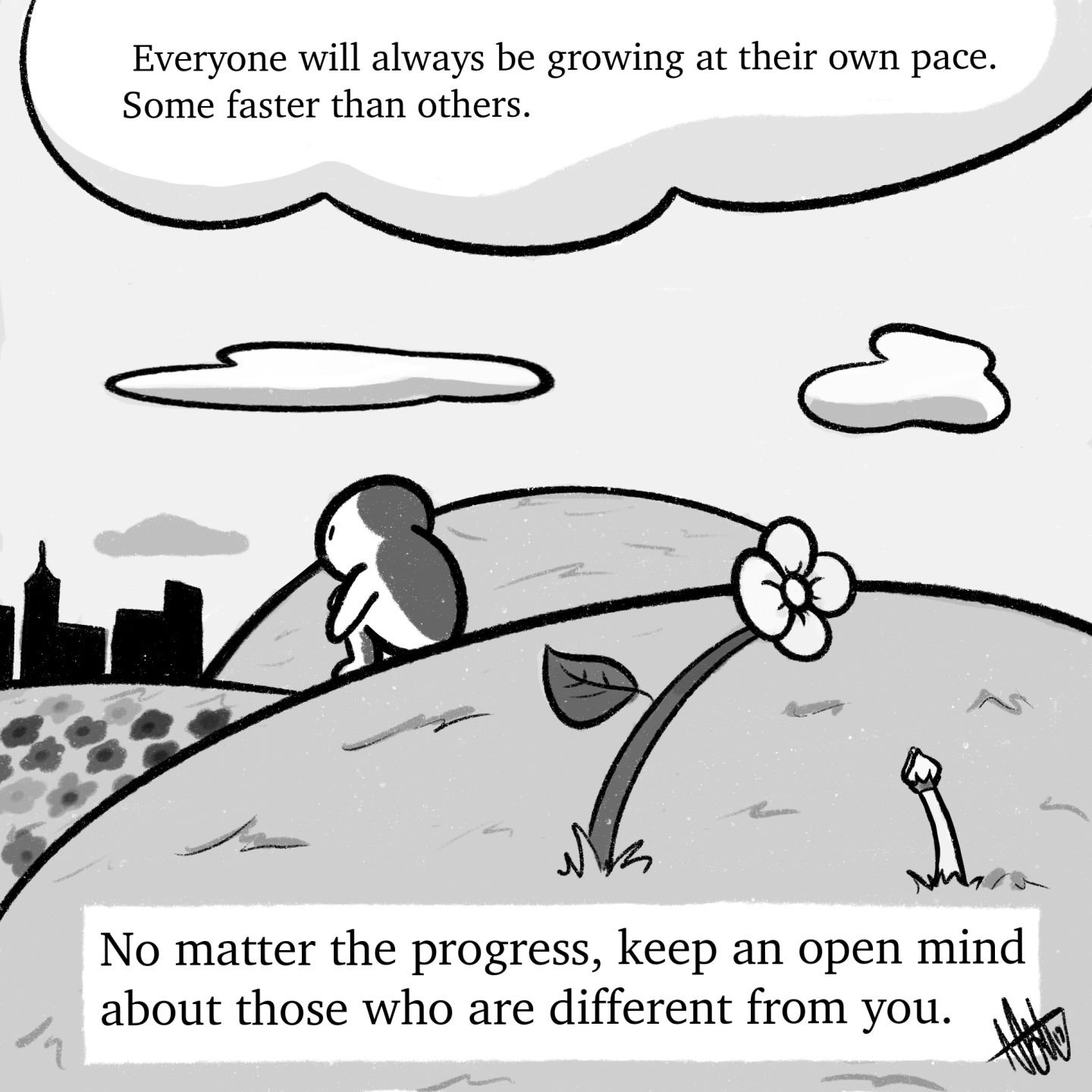

White privilege includes powerful incentives for maintaining this privilege and its consequences, and powerful negative consequences for trying to interrupt or reduce its consequences.įor many, white privilege was an invisible force that white people needed to recognize. The responsibility is to internally and externally work to dismantle the system of white supremacy in all of its forms. To understand and accept white privilege is not an academic exercise. Government and public continue to react to images of the confederate flag being carried into the Capitol, and increasingly emboldened white supremacist organizers ransacking state offices, few will deny that white nationalism remains a persistent and undeniable presence, domestically and globally.White privilege is often described through the lens of Peggy McIntosh’s groundbreaking essay “ White Privilege: Unpacking the Invisible Knapsack.” Originally published in 1988, the essay discusses the everydayness of unearned entitlements and advantages by making its effects personal and tangible. In the United States, white nationalist movements embody a set of white supremacist tropes that continue to influence and drive white rage, anxiety, and behavior. Notwithstanding the public presence, impact, and virulence of white nationalist organizations, education - whether in communal spaces, or in higher or secondary education - remains thin. These educational deficits have alarming implications, signaling a lack of public readiness to engage and challenge white nationalist movement building. This paper engages imperatives, learning objectives, and ethical and psychological challenges involved in developing and delivering pedagogy about white nationalism. The authors have each taught prior university-level courses on right-wing and white nationalist social movements, and draw on their experiences to advance a review of the process and politics of critical education.Īs illustrations of some of the themes and foci relevant to such pedagogy, the authors discuss teaching about the role of the state in enabling white nationalism, the rhetorics of extremism and domestic terrorism, and the relationship between patriotism and white nationalist mobilization. The discussion also unpacks complexity in student responses to curriculum about current and former white nationalists, and attends to the salience of racial trauma and white privilege in learning environments. The paper is an attempt to catalyze increased institutional, communal, and scholarly commitment to providing education about white nationalism, grounded in the premise that critical education is a necessary element of effective racial justice work.NOTE: You can find Dr. McIntosh’s essay “White Privilege: Unpacking the Invisible Knapsack” at many places on the web, but according to the Wellesley Centers for Women’s website, on the page featuring Dr. McIntosh (see a brief bio below), these versions are all pirated and unofficial.
The invisible knapsack by peggy mcclintock pdf pdf#
GO HERE for an updated official copy, and at the very end of this pdf, please note the proviso that you may not print more than 35 copies, nor post the pdf itself, without prior permission. Peggy McIntosh, a white woman, wrote the influential essay “White Privilege: Unpacking the Invisible Knapsack,” perhaps the most succinct analysis of white privilege yet written. “These denials,” she continues in her famous essay, “protect male privilege from being fully acknowledged, lessened, or ended,” and blind us to the “advantages that men gain from women’s disadvantages.” “I was taught,” she writes, “to see racism only in individual acts of meanness, not in invisible systems conferring dominance on my group.” As associate director of the Wellesley Centers for Women, she began thinking of privilege as a male/female matter and was struck by “men’s unwillingness to grant that they are overprivileged, even though they may grant that women are disadvantaged.” It was only a short step to connect the issue to race.

“I think whites are carefully taught not to recognize white privilege,” she wrote, “as males are taught not to recognize male privilege…I have come to see white privilege as an invisible package of unearned assets that I can count on cashing in each day, but about which I was ‘meant’ to remain oblivious.


 0 kommentar(er)
0 kommentar(er)
